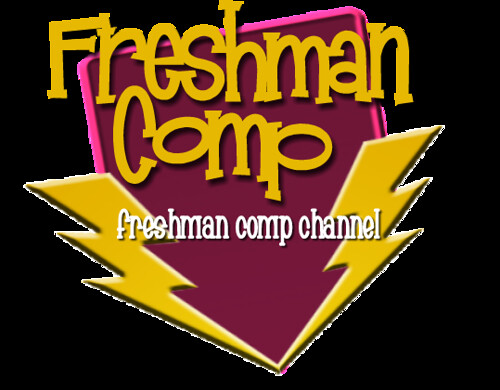What is an OER (Open Educational Resource) and is it Right for You?
I attended my first OpenEd conference Nov. 6-8th in Park City, UT. Click the link and you too can see some of the sessions from the conference. I went with a team of people from Maricopa representing the Maricopa Millions Project. What I learned was that James Sousa from Phoenix College is famous in the OER world, and the SCC math department is cutting edge. Who knew? When I returned, I did a presentation last Tuesday from 2-3pm in the CTLE on OER to help everyone at GCC understand OER and the Maricopa Millions initiative. I shared information about the initiative and the call for proposals that went out last week. Proposals were due last Friday. Here is some information about the project from the call for proposals.
The main goal of the Maricopa Millions Open Education Resources (OER) Project is to reduce educational costs for students. Spending less money on textbooks and materials will foster greater access to materials for students, which may enable them to stay on track with completing their courses.
The Maricopa Millions OER Project includes developing a strategic, sustainable OER infrastructure that would include: awareness, professional development, OER development and technical support, marketing and technical structure. In order for OER to be successful at MCCCD, we have established an OER strategic planning and implementation team to establish and oversee specific OER outcomes over the next 5 years.
The driving objective for the project is to save MCCCD students $5 Million Dollars over the next five years through the use of OER materials. The sooner we begin, the sooner the students can realize the savings.
This Maricopa Millions OER project, through an internal grant process, supports the adoption, adaptation, and development of complete OER course materials for high enrollment courses in the MCCCD. The final product will be OER course materials that can be easily adopted and modified by other faculty (including adjuncts) teaching that course.
I wanted to point out many of the different facets of the program, one main one being that there is a “low cost” option available as well. This means that faculty could choose finding or adopting materials with a lower costs instead of building their own OER. For instance, in composition we are comfortable using an online publisher product with a built in ebook that is currently half the price of the average textbook cost for composition courses, so we are already saving our students money. There are many other scenarios for the low cost option.
Also, the call was for a specific list of high enrollment courses (ENG101, PSY101, COM100), but that should not discourage anyone who teaches smaller enrollment courses from participating with OER. It just means that at this time, the committee wants to start with supporting the higher enrollment courses to get a bigger impact on the numbers out the gate. Any faculty who wants to work on an OER project can do so without the support of the committee. The goal is to save students money and not everyone doing so will be able to be supported by the project.
Below is the agenda and all the links we talked about and shared during the presentation. Feel free to ask me questions about the Maricopa Millions project if you have any. In the mean time, check out some the resources below and start exploring OER. Read more



